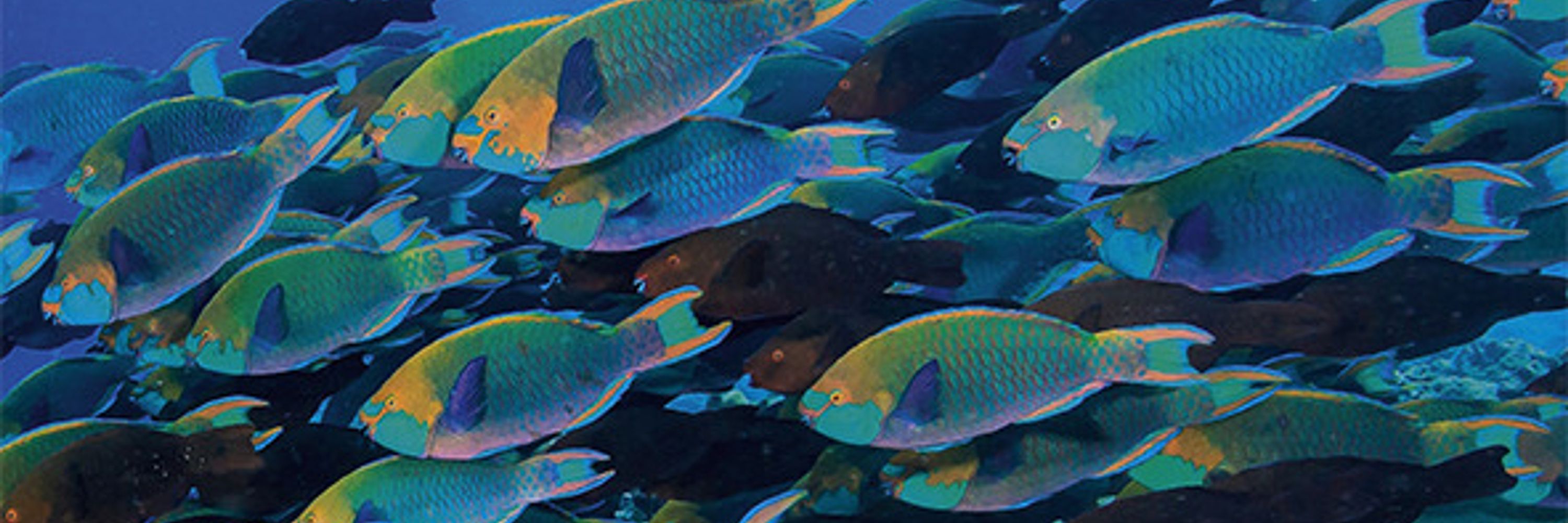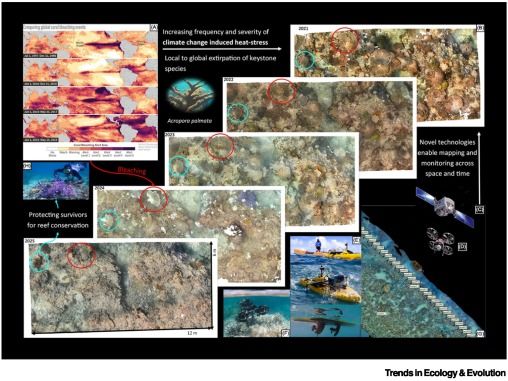

www.cell.com/ecology-evol...
We hope you enjoy it!
The cover article is by Cecilia Nilsson and colleagues, photo by Bart Hoekstra
The penultimate interviews in our Disability series feature John Dennehy and Tara Cronin

Building on the @ipbes.net Nexus Assessment, we review evidence surrounding the expansion of conservation areas and how they interact with other sectors
(Read for free here authors.elsevier.com/a/1m57vcZ3X3...)
(1/4) 🧪 #conservation #nexus
Building on the @ipbes.net Nexus Assessment, we review evidence surrounding the expansion of conservation areas and how they interact with other sectors
(Read for free here authors.elsevier.com/a/1m57vcZ3X3...)
(1/4) 🧪 #conservation #nexus

www.cell.com/ecology-evol...
We hope you enjoy it!
The cover article is by Cecilia Nilsson and colleagues, photo by Bart Hoekstra
The penultimate interviews in our Disability series feature John Dennehy and Tara Cronin

www.cell.com/ecology-evol...
We hope you enjoy it!
The cover article is by Cecilia Nilsson and colleagues, photo by Bart Hoekstra
The penultimate interviews in our Disability series feature John Dennehy and Tara Cronin













The CRISPR revolution began with genome editing, but the platform has evolved into a versatile molecular toolkit with wide-ranging applications.
The current issue of TiG includes a Review of these applications.
Check it out!
www.cell.com/trends/genet...

The CRISPR revolution began with genome editing, but the platform has evolved into a versatile molecular toolkit with wide-ranging applications.
The current issue of TiG includes a Review of these applications.
Check it out!
www.cell.com/trends/genet...
tinyurl.com/55dnkeh7

tinyurl.com/55dnkeh7


In our new @cp-trendsecolevo.bsky.social paper, we outline testable predictions for why relationship quality and quantity adaptively vary across socio-ecological contexts.
tinyurl.com/55dnkeh7

In our new @cp-trendsecolevo.bsky.social paper, we outline testable predictions for why relationship quality and quantity adaptively vary across socio-ecological contexts.
tinyurl.com/55dnkeh7

In our new @cp-trendsecolevo.bsky.social paper, we outline testable predictions for why relationship quality and quantity adaptively vary across socio-ecological contexts.
tinyurl.com/55dnkeh7


